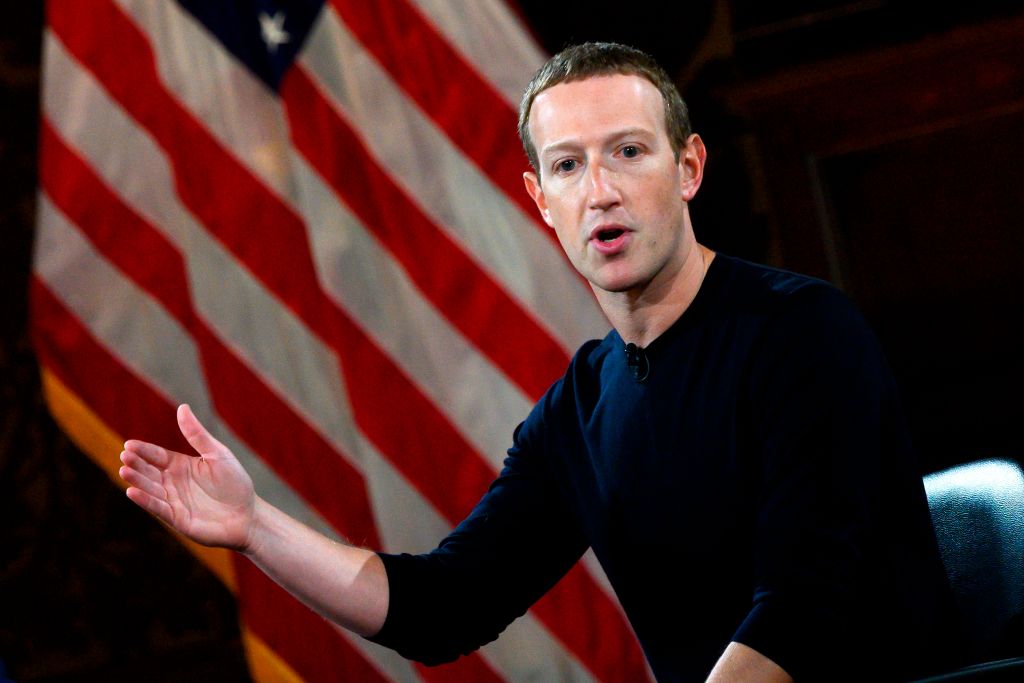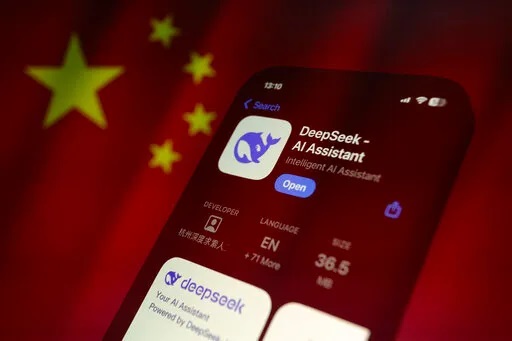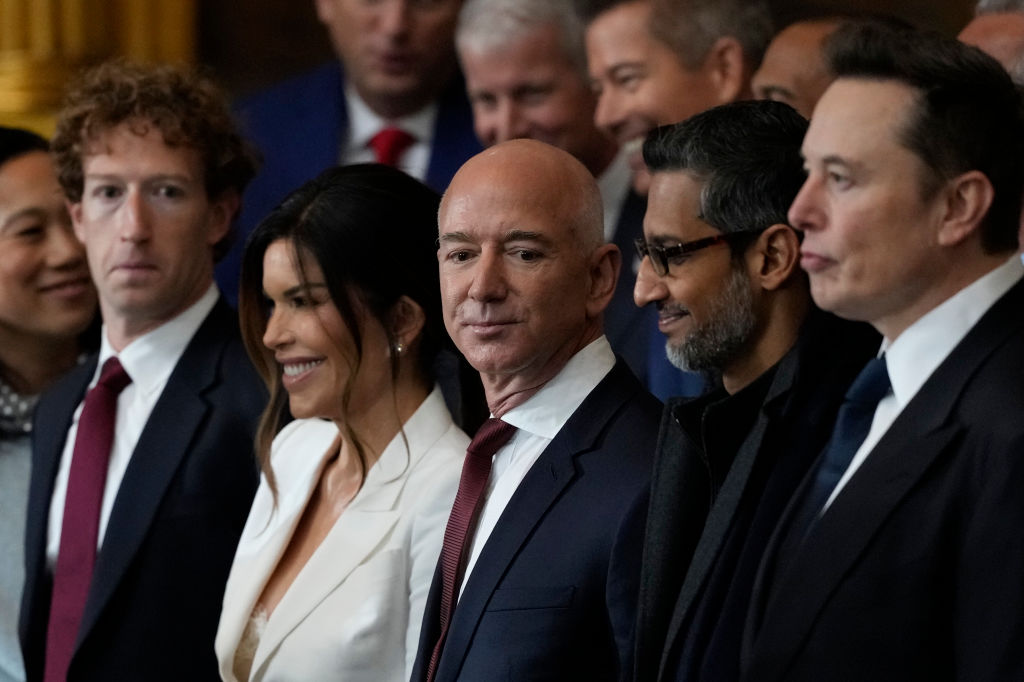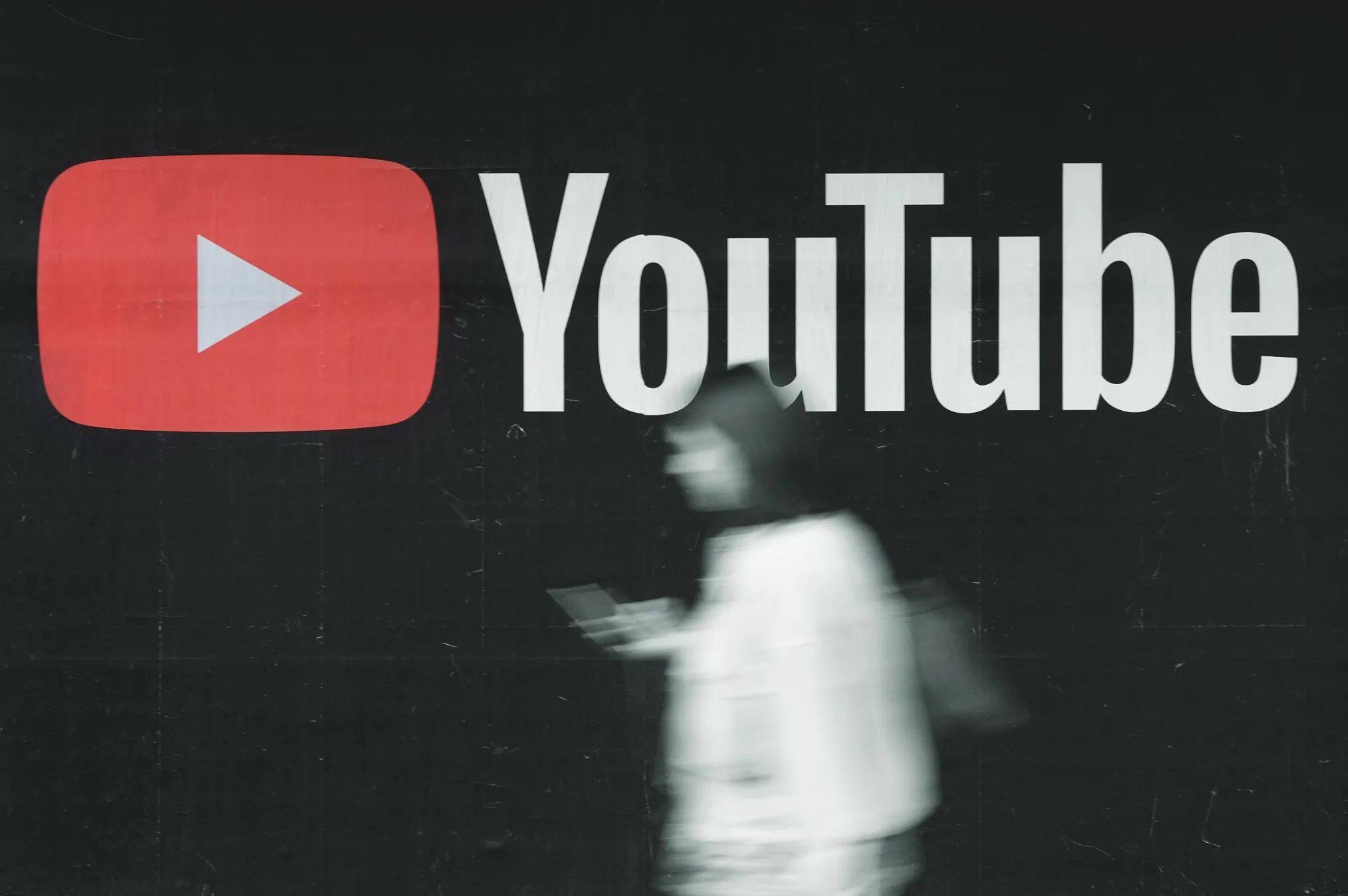He might now be one of the most powerful men in global media, but I find whenever I see a photograph of former British deputy PM Nick Clegg, Orwell’s quote about everyone getting the face they deserve by 50 comes to mind.
Now 54, the remnants of the boyish idealist are still just about there, but the eyes to me are ledgers of too much unhappy compromise — deadened, I always assume, by the principles he felt forced by David Cameron to sacrifice for personal advancement, and by the amazing decision to see out the remaining years of a career spent failing upwards as Mark Zuckerberg’s lavishly remunerated PR lickspittle.
For a decade and more, Clegg positioned himself as the good guy of British politics — radiating sixth-form actor star power at every opportunity. Now he spins for Facebook, a mega-corporation that in the UK last year paid £28 million ($38.9 million) of tax on revenues of £1.6 billion ($2.2 billion), and whose CEO, Zuckerberg, still flatly refuses to present himself for scrutiny by the UK Parliament on issues that include data harvesting.
Clegg promised to change the world by shaking up the corporate elites. Now he takes their coin. It can’t be easy — but perhaps with his successful recruitment last October to Menlo Park of Alan Rusbridger, a fellow giant of the UK’s metropolitan elite, the hypocrisies of his position feel a little less exposed.
Rusbridger, after all, was the editor of the anti-corporate, worker-championing the Guardian for two decades. Now, the great man receives a six-figure salary from Zuckerberg in return for some 15 hours a week sitting on Facebook’s ludicrous Oversight Board — helping to decide what you and I (and a third of all humanity) can and can’t read on the site.
The Oversight Board — or Facebook’s Supreme Court, as it is being called — is an attempt at self-regulation, presumably in the hope of warding off independent regulation. Its powers are vanishingly small — it can adjudicate only on a tiny selection of the 200,000 daily appeals lodged by aggrieved punters regarding the deletion by the site of their supposedly offensive posts.
This didn’t stop the men and women of the Clegg-supervised team who decided the identities of the Board members from relishing their work. According to the New Yorker’s recent fly-on-the-wall story about the creation of the Oversight Board: ‘During one meeting, they used pens topped with a feather, to evoke the quills used by the Founding Fathers.’
You wonder what level of detachment Rusbridger brings to his role. Does he strive to be apolitical, or does his idea of what constitutes acceptable discourse conform closely — as it seems to now for so many self-proclaimed Western liberals — with his own worldview?
Only two weeks ago, it is worth noting, Rusbridger told a webinar organized by the Ethical Journalist Network: ‘I’m astonished by the people who get to write about climate change in the mainstream media…why would you have James Delingpole writing about climate change in various British newspapers when he doesn’t believe in it?’ Certainly, this seems an incurious attitude to public intellectual debate.
There’s also, of course, the unfortunate recent business about the the cell of IRA supporters who for many years worked under Rusbridger as journalists at the Guardian and used their positions to try to influence perceptions of the terrorist group. I say recent because it has all only just come to light again — the result of Roy Greenslade’s February 3,500-word Sunday Times of London mea culpa, headlined: ‘I cheered on the IRA from Fleet Street’ — but in reality the episode has been common knowledge for many years.
As my colleague Douglas Murray has detailed here, Rusbridger is still yet to comment meaningfully on Greenslade’s admission, or on the accusation he allowed him to write a piece smearing Máiría Cahill after she revealed she had been raped by an IRA member.
Given Facebook’s Oversight Board will naturally spend plenty of time considering appeals for posts to be deleted from the site on the basis that they seem to propagate terrorist ideology, might Rusbridger not now be left open to charges of the most blatant double standard?
In the coming days, we will be hearing a great deal more about the Oversight Board — whose membership includes former Denmark PM Helle Thorning-Schmidt, Nobel Peace Prize laureate Tawakkol Karman and Internet Sans Frontieres executive director Julie Owono — thanks to Zuckerberg’s decision to make it decide on whether Facebook should lift its ban on President Trump, imposed at the start of the year.
This is an ingenious move by the company’s founder: at a stroke enabling him to shift the blame for a decision that will inevitably enrage one or other half of the American population — and countless millions more around the world — from himself onto the board’s expensively assembled collection of the great and the good. Not so much a fig leaf, then. More a shield.
During the Ethical Journalist Network webinar, Guardian writer Carole Cadwalladr put it to Rusbridger that ‘the members of the Oversight Board, who are hugely respected, brilliant people in their fields, are giving legitimacy to this company that is carrying out indefensible acts.’ Rusbridger said he disagreed — ‘I don’t see them [Facebook] as evil incarnate’ — and suggested that in five years the Oversight Board could seem a great deal more independent than it does now.
Until then — Trump decision notwithstanding — there’s the money and the Californian sunshine. Nice work, if you can get it.
This article was originally published on Spectator Life.

























